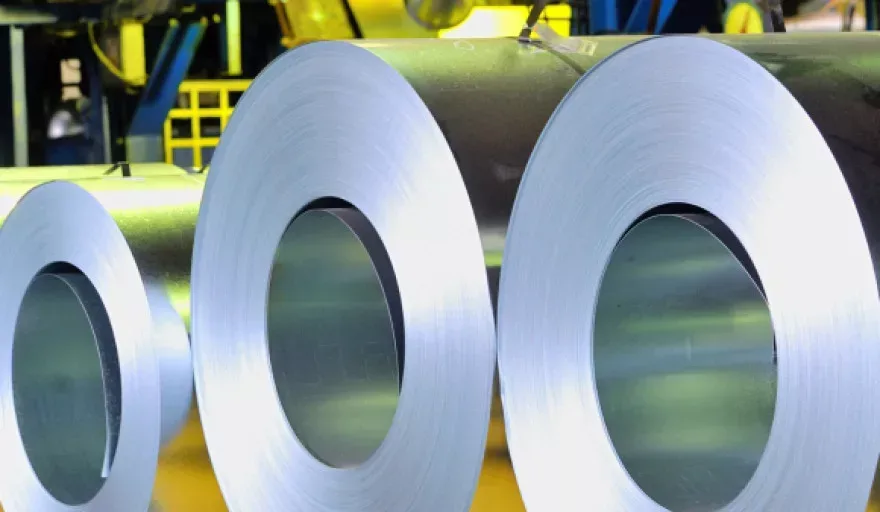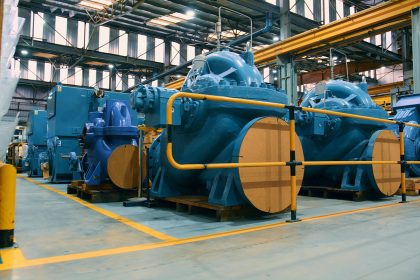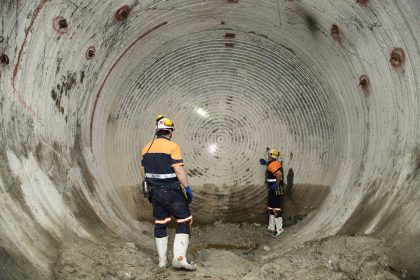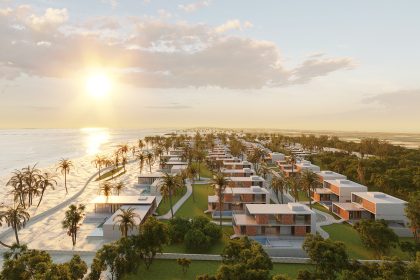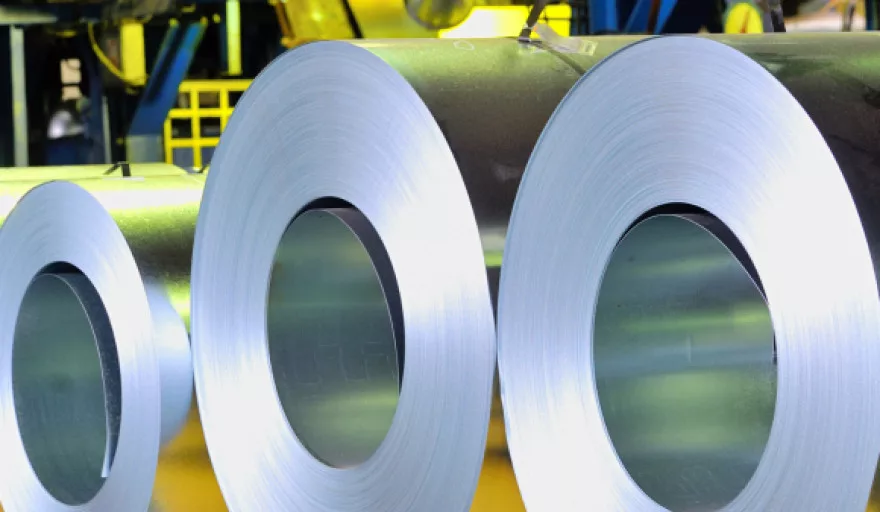
Nigeria’s Federal Government is on the verge of kick-starting the Made-in-Nigeria campaign in a move designed to reduce the current pressure on foreign exchange, strengthen the local currency and stimulate economic growth through local patronage and job creation.
This renewed commitment to industrialisation has been many years in the planning, with the abundant oil & gas resources bringing billions of dollars into the economy since the early 1960s. However, these revenues from oil exports have hampered efforts to diversify the economy, leading to industry stagnation and the need to revisit the additional cogs that keep the country turning.
Further compounded by the support of the Manufacturing Association of Nigeria (MAN) in May through the creation of its Large Corporation Group, MAN’s President, Frank Udemba said one of the most crucial tasks before the Group is the facilitation of effective linkage between SMEs and large-scale industries in the production and supply value chain. “This linkage is critical in the task of making Nigeria a manufacturing hub in the sub-region and beyond,” he said.
The commencement of the National Industrial Revolution Plan (NIRP) and simultaneous launch of the National Enterprise Development Plan (NEDP) – announced by the Minister of Budget and National Planning, Senator Udoma Udo Udoma while inaugurating the 22nd Nigeria Economic Summit in mid-July – also share similar enablement goals; to increase indigenous manufacturing capacity by operationalising industrial parks, creating free export processing zones and employment. Dubbed the most ambitious industrialisation programme ever pursued in the country, it is designed to accelerate growth in those industries where Nigeria has comparative and competitive advantages; including manufacturing, food processing, agriculture, metals and solid minerals processing, oil & gas, construction and more.
The Government has been very vocal about encouraging local production and this initiative comes on the back of the Public Procurement Act 2007 (amendment bill 2016) passed into law in June, which makes it mandatory for Government agencies to patronise goods made in the country. However, many challenges are on the horizon with strong commitments and fiscal changes required to ultimately make the nation’s efforts a success. With the country currently importing more than 90 percent of raw materials needed in the petrochemical and agricultural sectors alone, it will be a gradual change that will not happen overnight.
“We must challenge ourselves to do better,” Udoma said. “By encouraging patronage, we are challenging our manufacturers to invest in the technology required to upscale our quality. We are therefore calling on all our economic agents [Government, corporate organisations and individuals] to re-orientate to Nigerian-made goods and services first, before considering imported products.”
Job creation
Set in motion by his predecessor, Goodluck Jonathan, tackling unemployment is one of the big factors that will drive change and grow President Buhari’s vision for a more diverse industrialised Nigeria.
“The Nigeria Industrial Revolution Plan will address age-old constraints that have persistently limited manufacturing. It will build-up industrial infrastructure, prioritise power for industrial use, reduce borrowing costs and mobilise funding for the real sector. It will also facilitate youth training in industrial skills, improve our investment climate, raise our product standards, link innovation to industry, and promote local patronage of ‘made-in-Nigeria goods’,” assured President Jonathan in 2014.
Speaking last year while receiving a delegation of foreign investors at the State House in Abuja, President Buhari further backed up his predecessor: “We’ll move very quickly to see what we can do to help you and other investors in the country so that you can help us to create jobs for our people,” the President said, adding that as part of its plans to reduce unemployment in the country, the Government would pay attention to the rapid revival of ailing and moribund textiles, mining and agro-based industries.
This key objective on the economic agenda would be pursued with “the greatest possible dedication”. Buhari emphasised: “I still recall with clarity that at some point, the textiles industry in Nigeria was employing about 320,000 Nigerians. But today, the same industry employs fewer than 30,000 people and the factories operate below capacity or they’re completely closed.
“I’ve made a promise to Nigerians that jobs will be created as part of efforts to revive the economy and that promise will be fulfilled. We’ll move as fast as we can to resuscitate the textile and mining industries and also improve production in our agricultural sector.”
The President also assured in 2015 that his Government would encourage investments in agriculture and other sectors by creating a more enabling environment and laws. Within a year of flagging off the new policy, the Government has already attracted around US$3 billion in investments to end sugar imports.
Unlike in the past, businesses will now receive generous tax concessions, cheap funding through long-term bank loans and single-digit lending rates from Bank of Industry, thanks to NIRP. The Government is also determined this time to protect domestic manufacturers from cheap and inferior imported goods and lack of local patronage.
Moreover, Government offices are mandated to buy locally made goods. Some industries will also enjoy export processing zone status and provision of infrastructure. In order to ease the burden of chronic power shortage on the manufacturing sector, the private sector is stepping in to boost power generation following the Government’s divestment last year from former state-owned generation and distribution utilities.
Change from within
According to the Economic Commission for Africa, prominent local investor and industrial figurehead, Aliko Dangote has already given his endorsement to the new policies; having recently announced plans to commit US$9 billion to a petrochemical industrial complex in Lagos. When completed, it will have, among other things, a petroleum refinery capable of ending current fuel imports and present ample employment opportunities locally.
Under NEDEP, it is projected that at least 17 million jobs will be created, assuming that each one of the SMEs registered in the country as at 2012 employ one person; which is not a small feat in a country with a 24 percent unemployment rate, according to the National Bureau of Statistics.
The vital organs of Nigerian industry still have some major hurdles to overcome before the renewed commitment to industrialisation will take hold. However, the transition back into the former economic powerhouse will have to largely come from within through diversification of its mainstays to prevent Nigeria slipping back into industrial stagnation.
Read this article and more in the latest issue of Africa Outlook magazine here.



